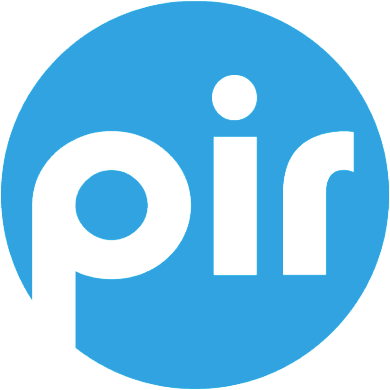By Tony Connor, Director of Product Marketing, Public Interest Registry
In the second installment of the Domain Lingo 101 blog series we will cover the key players in the domain marketplace and the larger internet governance community. From domain registrars to web hosting services, we’ll provide clarity and context behind the people and organizations that make the industry tick and keep the internet running smoothly.
In the first Domain Lingo 101 post, you learned the basics, including what a domain is, the different categories of domains and how to know if the domain you want is available or already taken. In this post we’ll move on to highlight who’s who in the world of domains and the specific role they play within the industry.
Domain Registrar – A registrar is an organization accredited by ICANN (more on that below) that markets and sells domain names to the public. Registrars contract with registries in order to sell domain names from many or all TLDs. Internet users work directly with registrars, such as GoDaddy, Name.com and 1&1 Domains (just to name a few), to purchase their websites. Some registrars offer additional “value-added services” like web hosting, website design and ISP (internet service provider) services to registrants as well.
Domain Registrant – A registrant is any individual or organization who has registered a domain name. Registrants work with registrars to identify and purchase domain names and they hold the right to use that domain name in lines with any terms and conditions for a specified period of time.
Domain Registry – A registry is an organization that manages and operates specific TLDs (such as .org, .com or .info). Registries maintain a database of the domains in that TLD and information about who they are registered to. For instance Public Interest Registry serves as the registry for .org, .ngo, .ong and several other TLDs.
Domain Resellers – A reseller is a third-party domain seller that offers domain name registration services through a registrar. Unlike registrars, resellers do not contract directly with the registry, but rather utilize the registrar’s credentials to sell domains to any individual or organization within the general public.
Internet Corporation for Assigned Names and Numbers (ICANN) – ICANN is a nonprofit organization that maintains contracts with registries and registrars and is charged with coordinating the secure and stable operation of the domain name system (DNS), the internet’s system for converting alphabetic names into numeric addresses. Within ICANN there are a variety of different supporting groups ranging from policy-making organizations to advisory committees that include government stakeholders, individual internet users and technical experts.
Internet Assigned Numbers Authority (IANA) – IANA is the authority responsible for assigning and allocating IP addresses. Additionally, it handles the assignment of protocol parameters, the set of specific rules computer systems use to exchange data. Today, IANA’s services are provided by Public Technical Identifiers (PTI), an affiliate of ICANN.
As you may have noticed, when it comes to roles within the internet community, lines blur and responsibilities can overlap. For example, some organizations operate as a registrar and a web host, or a registrar and a registry. Domain industry roles don’t have to be mutually exclusive, and while some organizations specialize, others provide a variety of domain-related services.
Now that you’ve learned the ins and outs of those domain industry players, you are one step closer to becoming a domain industry expert. In case you missed it, check out our introductory post outlining the domain basics here and don’t forget to check back monthly as we continue our Domain 101 series. In January we’ll be back and ready to dive in a bit deeper and discuss some of the more technical elements of the domain industry.

